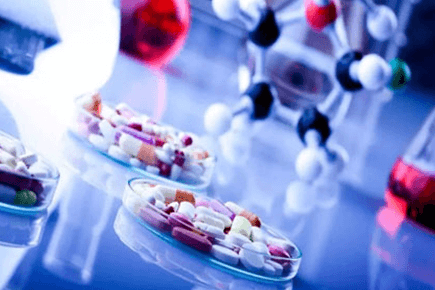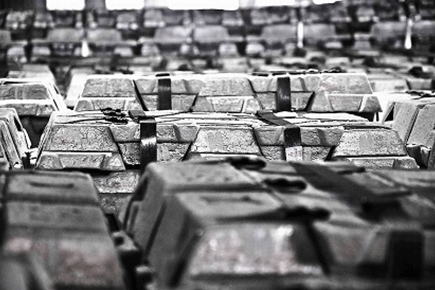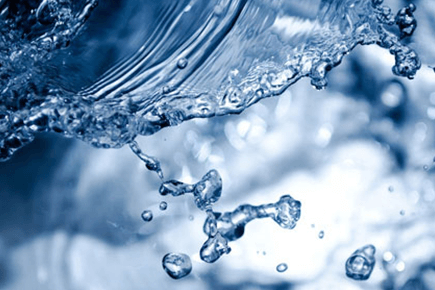SEPLITE® LX1600

SEPLITE® LX1600 is a nonionic, hydrophobic, cross-linked polymeric adsorbent.
Its adsorption properties came from its macroreticular pore structure, high surface area, designed pore size distribution, and the aromatic nature of its surface.
It is designed for the separation of two or more similar species.
The high surface area and special designed pore size give another solution for chromatographic separation on industrial scale. SEPLITE® LX1600 has excellent osmotic and thermal stability in addition to a low swelling between solvent and aqueous media.
Advantages of SEPLITE® LX1600 Ion Exchange Resin:
-
Excellent loading and eluting performance
-
Strong matrix for resistance to osmatic shock
-
Low pressure drops
-
Good anti-fouling feather
Applications:
-
Vitamin production;
-
Steroid production;
-
Amino acid recovery;
-
Polyphenol recovery.
Sunresin adsorbents was produced fully in accordance with the FDA (US Food & Drug Administration), which stated adsorbent polymer can be used for being used in food contact applications.
The same resins were meeting the regulations prescribed under "Council of Europe resolution AP (97) 1 on ion exchange and adsorbent resins used in the processing of food stuffs", which stated when well pre-treated, adsorbent resins was suitable for used in food applications.
SEPLITE® LX1600 Ion Exchange Resin Physical and Chemical Characteristics:
| Matrix | Crosslinked polymer |
| Physical Appearance | Yellow spheres |
| Particle Size | 0.315-1.25mm (95%) |
| Moisture | 60-70% |
| Bulk density | 650-750g/l |
| Density | 1000-1100g/l |
| Surface area | 900 m2/g |
| Temperature limitation | 0-110℃ |
| PH range | 0-14 |
SEPLITE® LX1600 Ion Exchange Resin Precautions:
Resins should be stored in sealed containers or bags where temperature was above 0℃ in dry conditions without exposure to direct sunlight. Do not mix ion exchange resin with strong oxidizing agents; otherwise it will cause violent reactions.
In case of eyes contact with resins, rinse eyes immediately with plenty of water, and consult a specialist. Material and samples must be disposed according to local regulations.
Dry polymers will expand when become wetted and may cause an exothermic reaction. Spilled materials may be slippery.
SEPLITE® and Monojet™ are registered trademarks of Sunresin New Materials Co. Ltd., Xi`an
-
This information is general information and may differ from that based on actual conditions. For more information about SEPLITE® resins, please contact SUNRESIN® directly.













